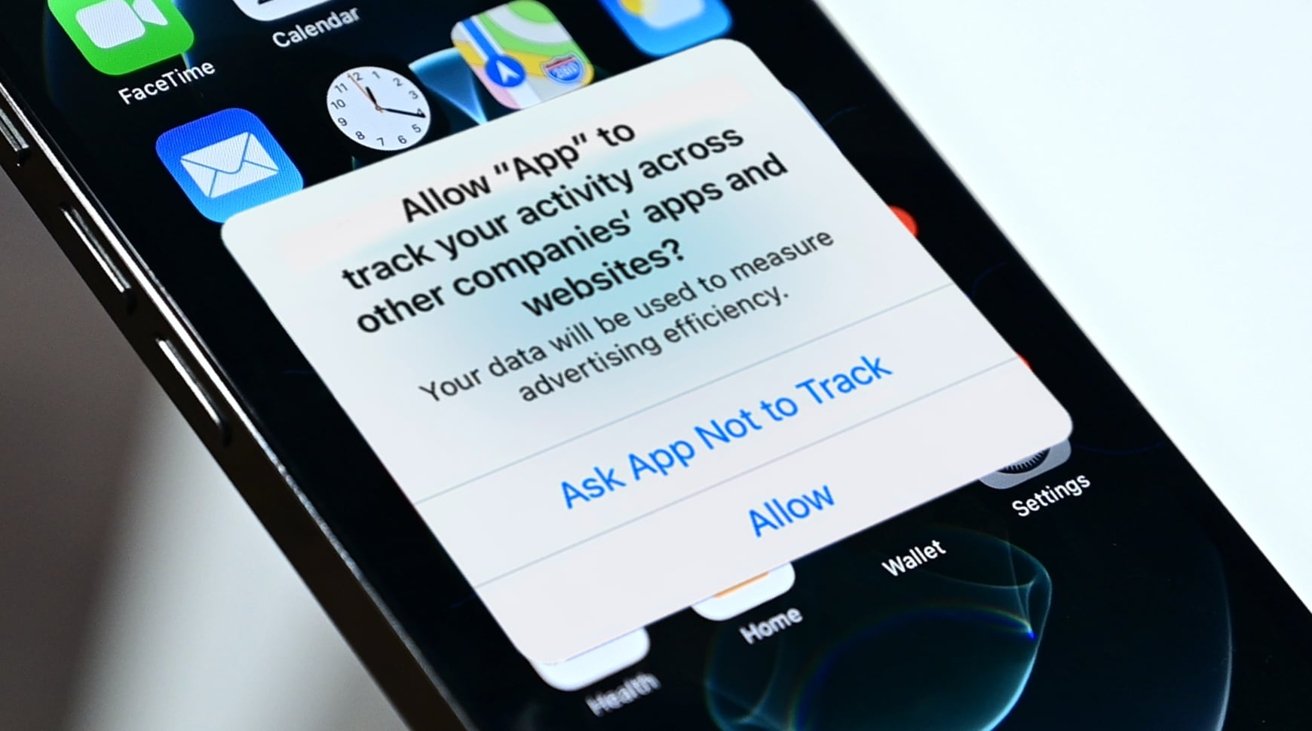Apple’s App Tracking Transparency (ATT) feature, a cornerstone of its privacy initiatives, is under threat in Europe due to mounting regulatory scrutiny and lobbying from the advertising industry. This development could significantly impact how European users manage app tracking on their devices.
Understanding App Tracking Transparency
Introduced with iOS 14 in 2020, ATT empowers users to control whether apps can track their activities across other companies’ apps and websites. Upon launching an app, users receive a prompt asking for permission to track their data. Many users opt to decline, thereby limiting the app’s ability to collect and share their information. This feature has been lauded for enhancing user privacy and transparency in data collection practices.
Regulatory and Industry Pushback
Despite its popularity among users, ATT has faced criticism from various quarters. Advertising platforms, including major tech companies like Meta, argue that ATT disrupts their business models by restricting access to valuable user data. They contend that this limitation hampers their ability to deliver targeted advertising, which is a significant revenue stream.
In Germany, the Federal Cartel Office (Bundeskartellamt, or BKartA) has raised concerns that ATT could violate antitrust regulations. The agency points out that while ATT imposes restrictions on third-party apps, Apple’s own applications are not subject to the same limitations. Apple counters this by stating that its apps do not collect data from other providers, thereby not necessitating the same tracking permissions.
Italy is also scrutinizing ATT, with a ruling expected by the end of 2025. The outcome could influence how privacy features like ATT are implemented across the European Union.
Apple’s Response and Potential Implications
Apple has expressed its commitment to user privacy and has engaged with regulators to address their concerns. The company has proposed various solutions to align ATT with regulatory requirements without compromising its core functionality. However, Apple warns that intense lobbying efforts in countries like Germany and Italy might compel it to withdraw ATT, which would be detrimental to European consumers who value their privacy.
The potential disabling of ATT in Europe raises significant questions about the balance between user privacy and industry interests. It also highlights the challenges tech companies face in navigating varying regulatory landscapes while maintaining consistent privacy standards globally.
Broader Context: Privacy Features Under Siege
This situation is not isolated. Apple has faced similar challenges in other regions. For instance, in the United Kingdom, Apple chose to disable its Advanced Data Protection (ADP) feature rather than comply with government demands for a backdoor into encrypted data. This move underscores the company’s stance on prioritizing user privacy, even when it means limiting the availability of certain features in specific markets.
Looking Ahead
As regulatory bodies continue to scrutinize privacy features like ATT, tech companies must find ways to balance compliance with their commitment to user privacy. The outcome of these regulatory reviews in Europe could set precedents for how privacy features are implemented and governed worldwide.



